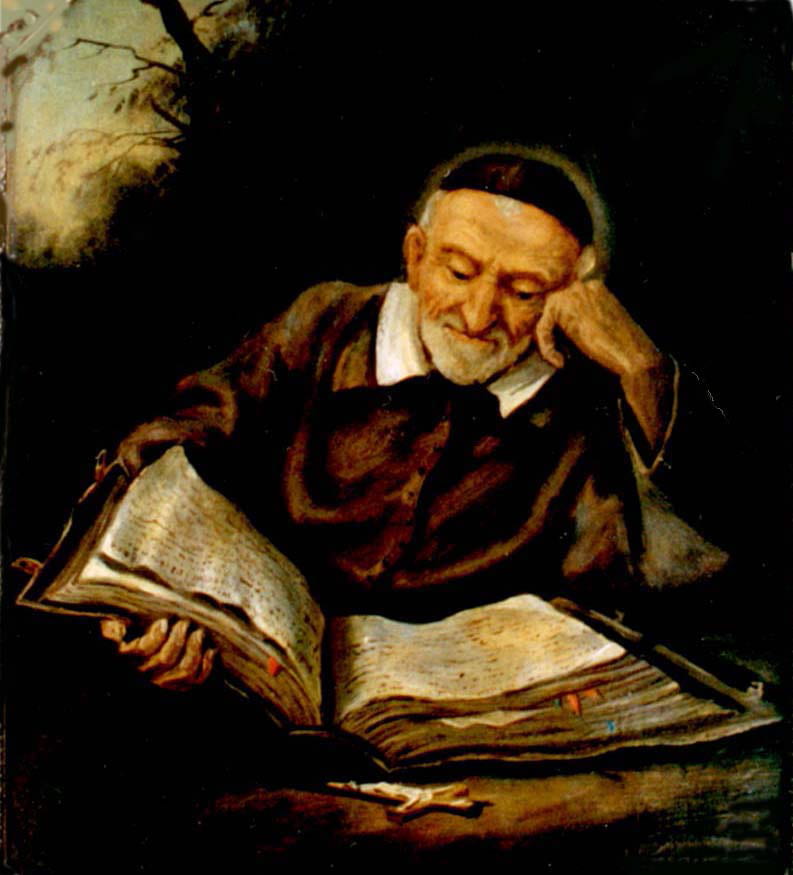
Today’s opening reflection to this year’s Busy Person’s Retreat invites us to consider “How can I stay spiritually healthy so I can discern what is essential in life?”
A rite of passage in making a good retreat must surely begin with slowing down and becoming aware of the present moment.
With this in mind, as you start the retreat this morning, I invite you to take a few slow deep breaths, inhaling through your nose and exhaling through your mouth. As you do, seek to let go of any stressors that may be making a claim on your heart and mind right now. Try to let any anxieties go, and become aware of the present moment. Rest in the certainty that the present moment is enough.
I now invite you to carve out the next few minutes to rest in this space. Be still and know …
Let us begin.
Each one of us has a unique identity and place in the world. Indeed, it is humbling to think that no one who has ever existed on this planet is quite like us, and there will never be another person like us again!
My personal faith tradition is Catholic. My formation in this tradition has very much shaped the way in which I see the world. It is from this perspective that I write. I believe that God speaks to each of us in the depth of our hearts, through community and in the everyday, ordinary events of our lives.
Many years ago, I was introduced to the writings of Frederick Buechner, an American writer and theologian, who so eloquently echoed this cornerstone of my belief.
If God speaks anywhere, it is into our personal lives that he speaks. Someone we love dies, say. Some unforeseen act of kindness or cruelty touches the heart or makes the blood run cold. We fail a friend, or a friend fails us, and we are appalled at the capacity we all of us have for estranging the very people in our lives we need the most. Or maybe nothing extraordinary happens at all— just one day following another, helter-skelter, in the manner of days. We sleep and dream. We wake. We work. We remember and forget. We have fun and are depressed. And into the thick of it, or out of the thick of it, at moments of even the most humdrum of our days, God speaks. But what do I mean by saying that God speaks? He speaks not just through the sounds we hear, of course, but through events in all their complexity and variety, through the harmonies and disharmonies and counterpoint of all that happens.[i]
If we are to understand how to take better take care of ourselves and remain spiritually healthy, we need to know how to discern well and how to align our values and behaviors with healthy choices that support us choosing life. This will surely involve learning how to listen and to trust the voice deep within, paying attention to the wisdom of the community that supports us, and observing the rhythm of our days.
At first, this may sound easy, but how do we discern well amid the cacophony of dissonant and competing clatter that regulates our waking hours? Maybe some Vincentian wisdom can guide us along our discernment path.
Vincent de Paul’s process of discernment had three parts: an openness to God’s will, an evaluation of reasons for or against an action, and a consultation with wise persons.[ii]
For Vincent and Louise, it was in the concrete and sometimes messy circumstances of their lives that they so deeply experienced the presence of God. They found God very much alive in the midst of their relationships, especially with those who existed on the margins of seventeenth-century French society. The essence of their approach involved “living with a listening heart, paying daily attentiveness to God’s presence, and a daily discerning and decisioning.”[iii] Such a Vincentian approach has been described by scholar Vie Thorgren as “living with a discerning heart.”[iv] This discerning sensibility would also involve examining the pros and cons of a situation and deciding on a suitable response or outcome.
Yet, it is important to note that it was often only after events themselves had passed, in an intimate moment of prayer and contemplation, that their meaning became clear. Thus, for Vincent and Louise, carving out quiet, reflective moments was essential as it provided opportunities to interpret the events of their lives through the lens of their faith, and in dialogue with their lived experience.
The final integral part of Vincent and Louise’s discernment process involved seeking advice and sound counsel from others whose wisdom they respected. This stemmed from their deep belief and trust in the fact that God mediated God’s will through people.[v] Consequently, while receiving wise counsel, Vincent and Louise would seek to identify the word of God, which would then help guide and inform their decision-making and their quest for right and just action.
So, what might all of this mean for us today? A wise colleague in ministry once posited this question, “If you can’t say no to the people in your life, then what does your yes really mean?” This question has remained with me for many years.
And so, I will leave you with some questions of my own to ponder on this day of our opening retreat. What is the quality of the yeses in your life right now? Are you saying no when you need to? And how, with a listening heart, might you discern the difference?
Reflection by: Siobhan O’Donoghue, M. Div., Director of Faculty and Staff Eng
[i] Frederick Buechner, The Sacred Journey (San Francisco: Harper & Row, 1982), pp. 1-2.
[ii] As observed in the abstract to Hugh O’Donnell, C.M., “Vincentian Discernment,” Vincentian Heritage 15:1 (1994). Available at: http://via.library.depaul.edu/vhj/vol15/iss1/2.
[iii] O’Donnell, “Vincentian Discernment,” 15.
[iv] Ibid.
[v] Ibid., 8.